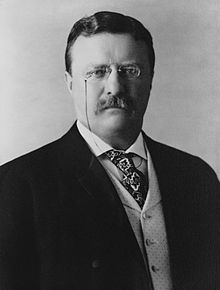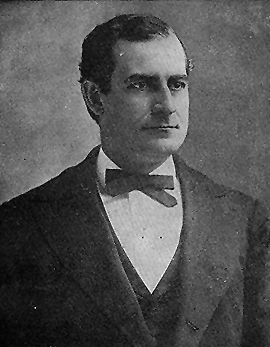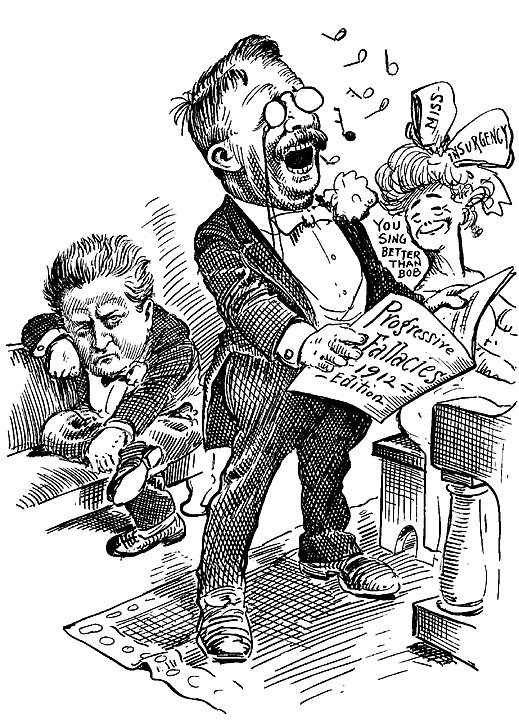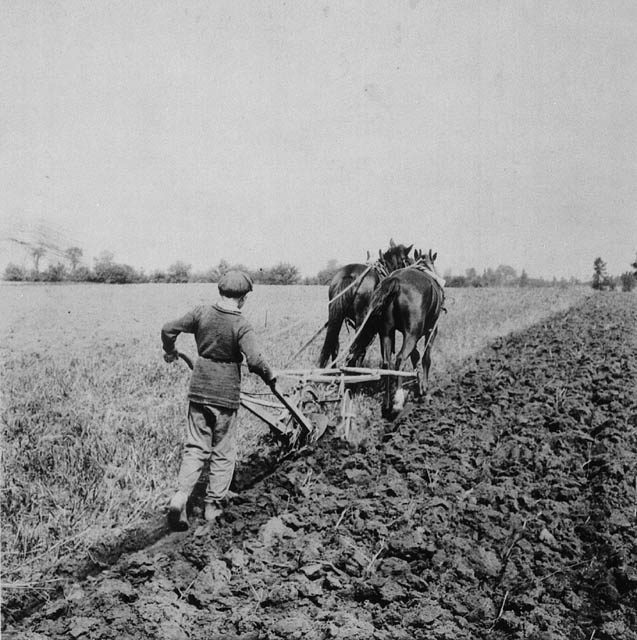 He believed not all trusts were bad, but also wanted to protect the american public from harm. He helped with the solution of the 1902 coal strike and the Northern Securities. He also oversaw the railroad construction and helped people getting around teh country fast and easy.
He believed not all trusts were bad, but also wanted to protect the american public from harm. He helped with the solution of the 1902 coal strike and the Northern Securities. He also oversaw the railroad construction and helped people getting around teh country fast and easy.
 |
| Teddy Roosevelt |
Teddy Roosevelt was elected the youngest president at age 42. He thought being the president was a "bully pulpit" meaning the because he was the president people would have to do as he says. He also believed that every american should be treaded equal, because they are equal.
 He believed not all trusts were bad, but also wanted to protect the american public from harm. He helped with the solution of the 1902 coal strike and the Northern Securities. He also oversaw the railroad construction and helped people getting around teh country fast and easy.
He believed not all trusts were bad, but also wanted to protect the american public from harm. He helped with the solution of the 1902 coal strike and the Northern Securities. He also oversaw the railroad construction and helped people getting around teh country fast and easy. He went after the food and drug administration to help with the food and its process to go the table of american homes. He was also very into saving nature. He passed an act that stated thatthey can use federal funds from public land sales to pay for irrigation and land development projects. He added millions of acres to form protected national forests, wildlife reservations and national parks.















